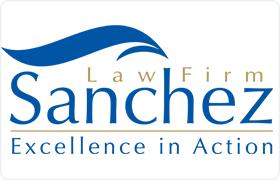 Dallas Credit & Debt Lawyers, Texas
Dallas Credit & Debt Lawyers, Texas
Sponsored Law Firm
-
 x
x

Click For More Info:
-
Sanchez Law Firm
150 W. Parker Rd. 3rd Floor Houston, TX 77076» view mapReal Estate Excellence In Action
We advocate for our clients in and out of court. When you and the system meet head on, you need an attorney who is experienced, credible, and active.
800-785-3351
Lawyers
<
41-50 of 62 matches
Bankruptcy & Debt, Credit & Debt, State Appellate Practice, Immigration, International Other
Bankruptcy, Consumer Bankruptcy, Credit & Debt, Business & Trade, Criminal
Consumer Bankruptcy, Banking & Finance, Public Finance, Litigation, Credit & Debt
Bankruptcy, Litigation, Consumer Bankruptcy, Credit & Debt
Credit & Debt, Banking & Finance, Public Finance, Oil & Gas, Business & Trade
Credit & Debt, Banking & Finance, Public Finance, Litigation, Commercial Real Estate
Credit & Debt, Administrative Law, Wills, Entertainment, Construction
Bankruptcy & Debt, Business & Trade, Litigation, Commercial Real Estate, Credit & Debt
Bankruptcy & Debt, Business & Trade, Litigation, Bankruptcy, Credit & Debt



 Benjamin Sanchez Houston, TX
Benjamin Sanchez Houston, TX Practice AreasExpertise
Practice AreasExpertise